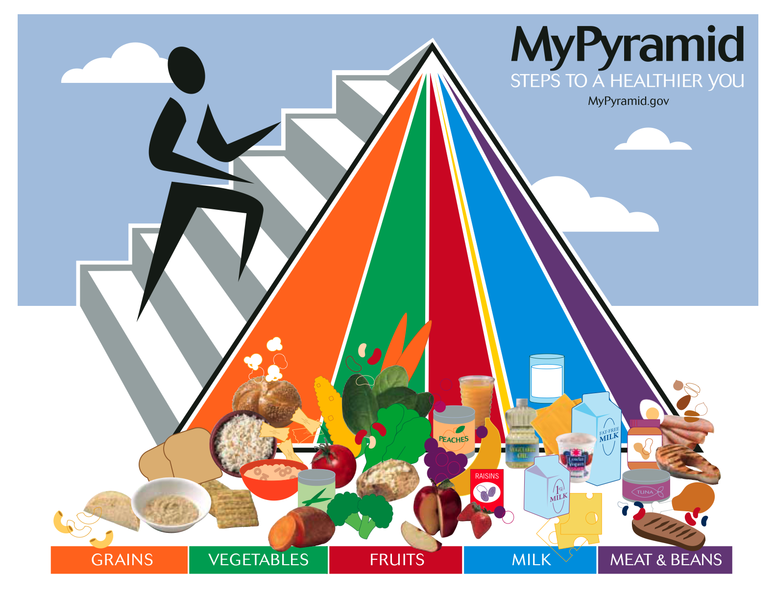 |
ECDC, an EU agency, aimed at strengthening Europe's defences against infectious diseases. The core functions cover a wide spectrum of activities: surveillance, epidemic intelligence, response, scientific advice, microbiology, preparedness, public health training, international relations, health communication, and the scientific journal Eurosurveillance. In 2019, ECDC continues to contribute to health security, giving particular attention to the following areas: Tackle antimicrobial resistance Improve vaccine coverage in the EU Support the European Commission and the Member States in addressing the Sustainable Development Goals in the area of HIV, TB and hepatitis Further support the European Commission and the Member States in strengthening the preparedness for cross-border health threats Focus on strategic partnerships to create synergy and avoid duplication of work Further enhance ECDC’s operational performance and monitoring. |
The LaLonde report (*) suggested that there are four general determinants of health which he called "human biology", "environment", "lifestyle", and "healthcare organization" Thus, health is maintained through the science and practice of medicine, but can also be improved by individual effort. Physical fitness, weight loss, a healthy diet, stress management training and stopping smoking and other substance abuse are examples of steps to improve one's health. Workplace programs are recognized by an increasingly large number of companies for their value in improving health and well-being of their employees, and increasing morale, loyalty and productivity at work. A company may provide a gym with exercise equipment, start smoking cessation programs, provide nutrition, weight or stress management training. Other programs may include health risk assessments, health screenings and body mass index monitoring.
(*) Report produced in 1974 in Canada and formally titled A new perspective on the health of Canadians. It proposed the concept of the "health field", identifying two main health-related objectives: the health care system; and prevention of health problems and promotion of good health. The report is considered the "first modern government document in the Western world to acknowledge that our emphasis upon a biomedical health care system is wrong, and that we need to look beyond the traditional health care (sick care) system if we wish to improve the health of the public) |
 |
|
The study of human growth, its regulators and its implications is known as auxology. Wellness is a term sometimes used to describe the psychological state of being healthy, but is most often used in the field of alternative medicine to describe one's state of being. |
